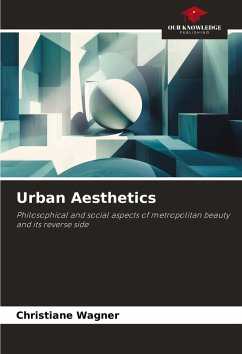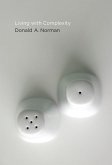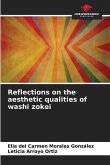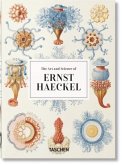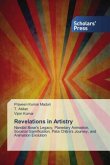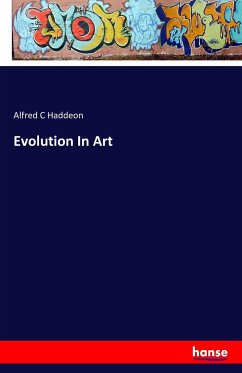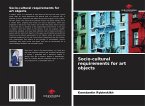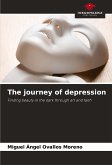The polysemy of the visual arts in the urban image is based on the perception of beauty and its contrasts with technological evolution. In this way, the reason and meaning of artistic beauty in relation to nature is sought based on Kantian thought. Thus, art and technological evolution are analyzed, which make new aesthetic experiences possible at the beginning of this century and expectations for the future, in terms of determination under the concept of innovation. Marx's reflections on freedom are added to Hegelian philosophy. This creativity in cultural praxis, by making art the object of analysis in the socio-cultural theories of Adorno and Benjamin, stimulates the more recent theories of Morin and Habermas. In addition to the preliminary questions in contemporary aesthetics, we have this question: what would designate and condition aesthetics in the face of everyday experiences in metropolitan areas and in the world of the arts? Specifically, what are the reasons for art becoming one of the "unthinkable" practices today? An art, according to Adorno, of the Entkunstung, which would no longer make people dream or would be a vicious dream.
Bitte wählen Sie Ihr Anliegen aus.
Rechnungen
Retourenschein anfordern
Bestellstatus
Storno

